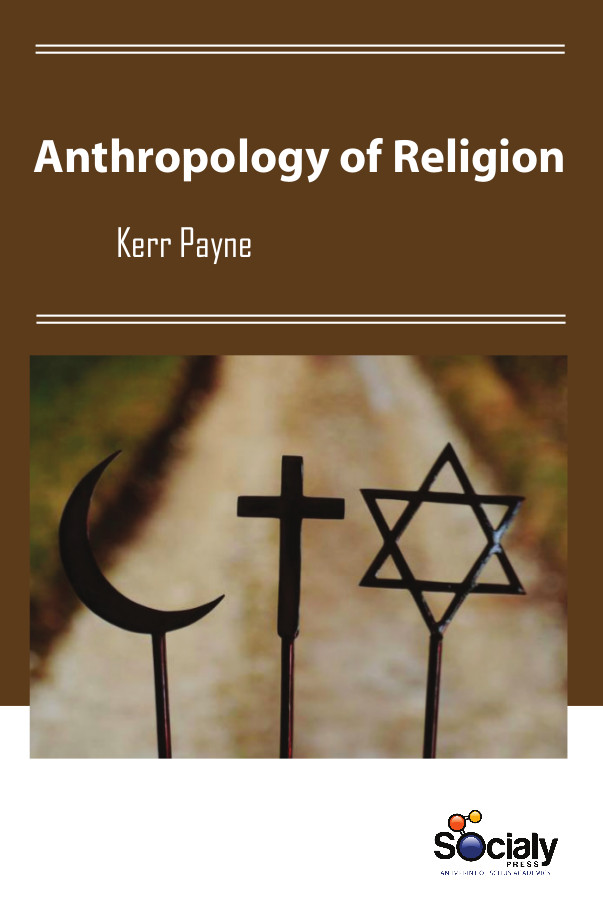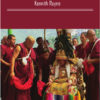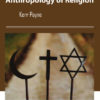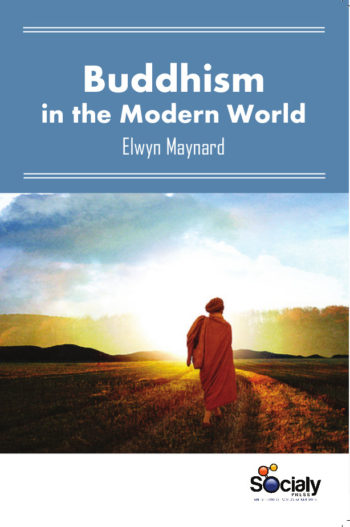The anthropological study of religion attends to religious life through the study of everyday practices. Rather than understanding religion as a set of beliefs, anthropologists examine the ways that practices and belief are constitutive of each other via a broad spectrum of representations, embodiments and ethical and social practices. These everyday practices are constituted by and constituting of many aspects of social life including gender, desire, performance, politics and power. Anthropologists thus recognize that religious life is a thoroughly social practice, and yet identifiable as transformative and sometimes mysterious subject of investigation. Anthropologists of religion are not concerned with discovering the truth or falsehood of religion. They are more interested in how religious ideas express a people’s cosmology, i.e. notions of how the universe is organized and the role of humans within the world. Many study rituals which incorporate symbols, and note how these often help to bring communities together in times of crisis or special points in the calendar.
Anthropology of Religion outlines the scope of the anthropological literature on religion, drawing both on classic and more-recent studies. It supports anthropological approaches to the study of religion from all the subdisciplines; cultural anthropology, archaeology, physical anthropology, linguistic anthropology and others. In the later twentieth century, debate has arisen concerning the scope of the anthropology of religion. Do anthropologists of religion only study religions in tribal settings? Is it exclusively the study of non-Western religions? Is it to be limited to the study of religion among oppressed and marginalized people? The focus of anthropological study has shifted from the study of tribal to modern religions. A number of well-received studies have analyzed religion in developing societies, Europe, and the United States. A number of promising studies have focused on ritual and ritual forms. From this perspective, rituals are seen as the fundamental unit of religious expression and the building blocks for all religions.
This compilation will serve as an excellent tool for scholars, practitioners and academics working in the field of migration and religion.












